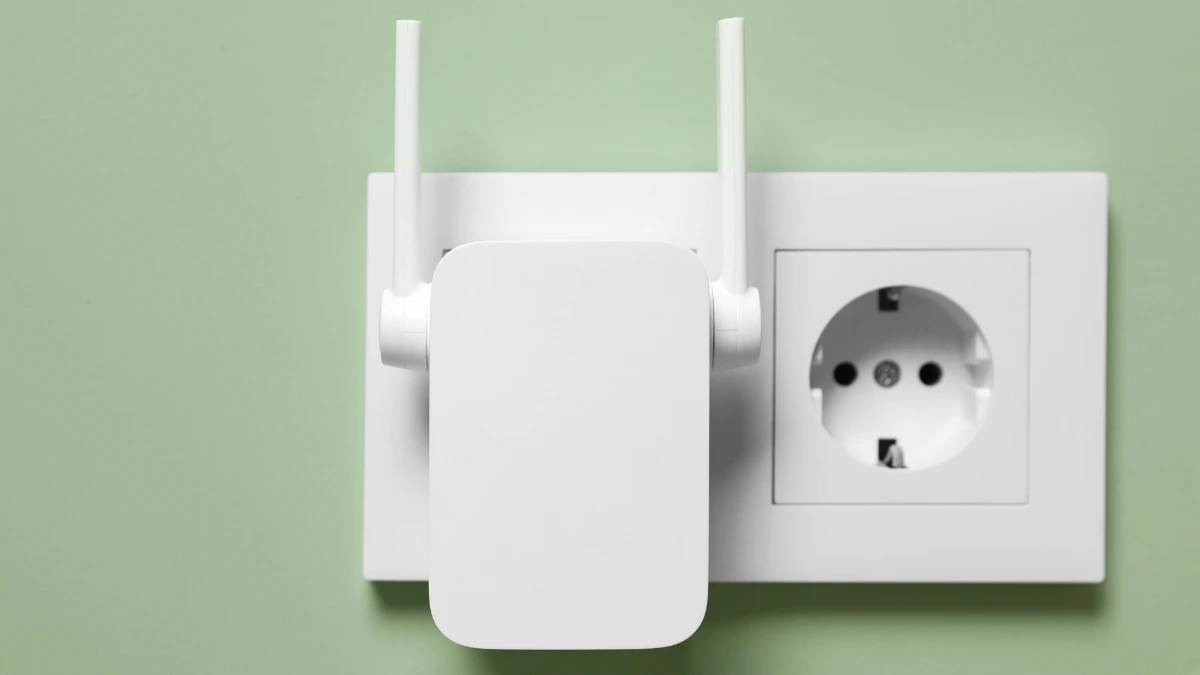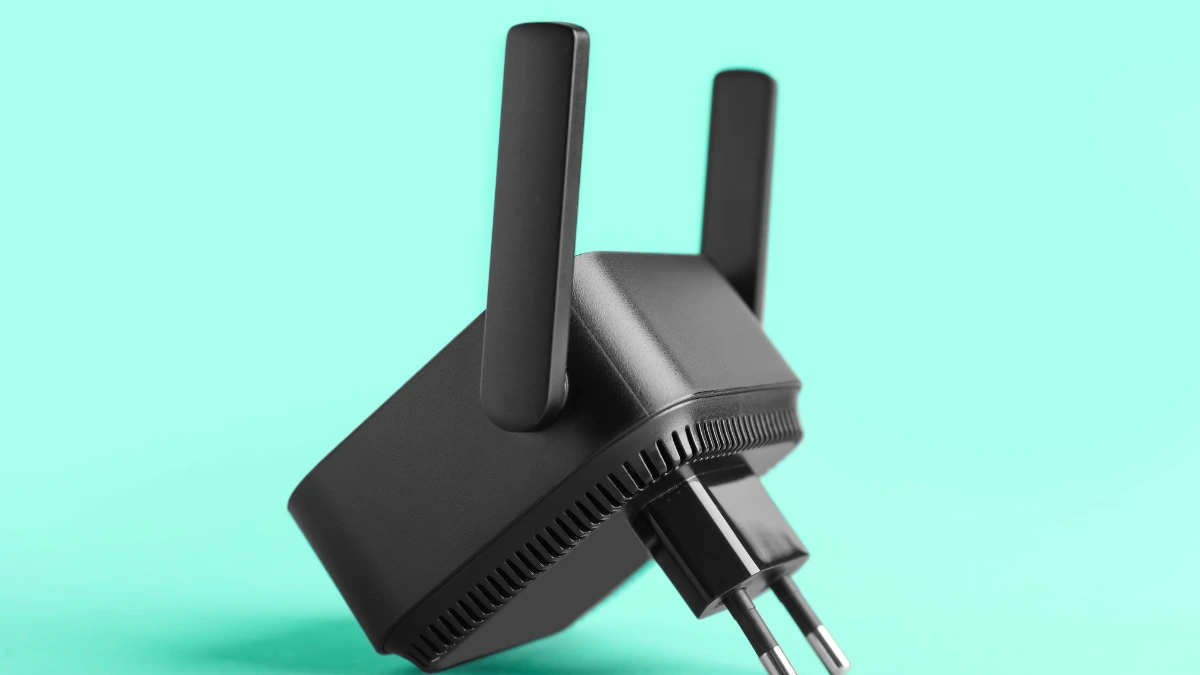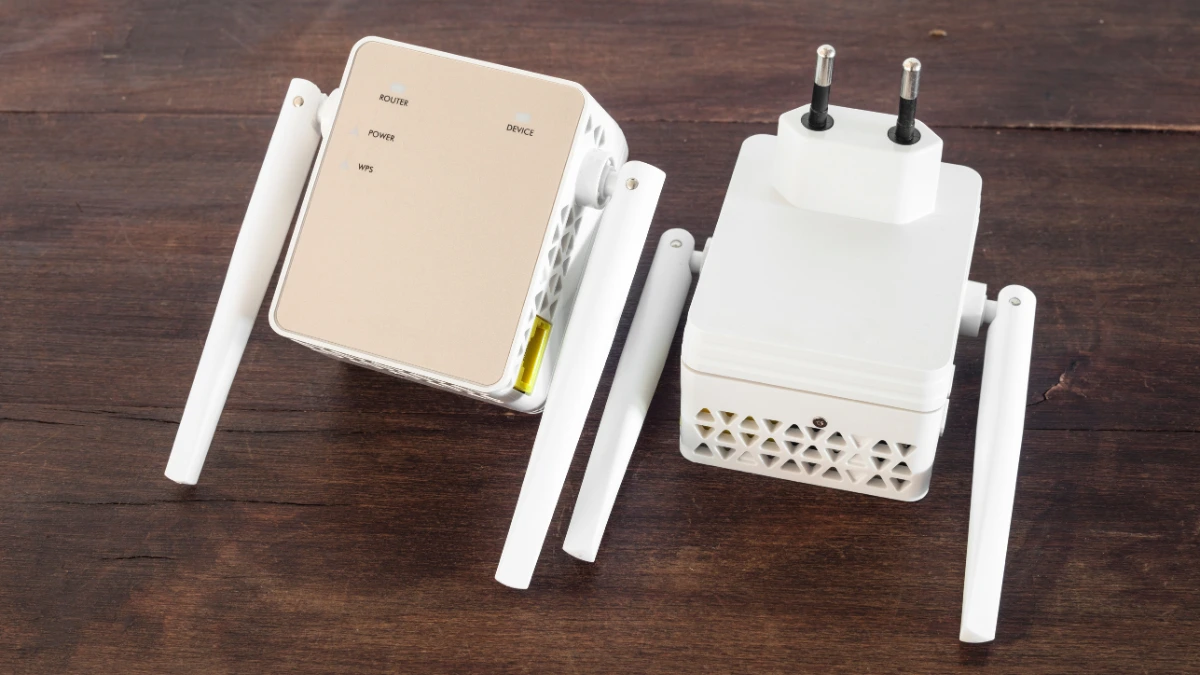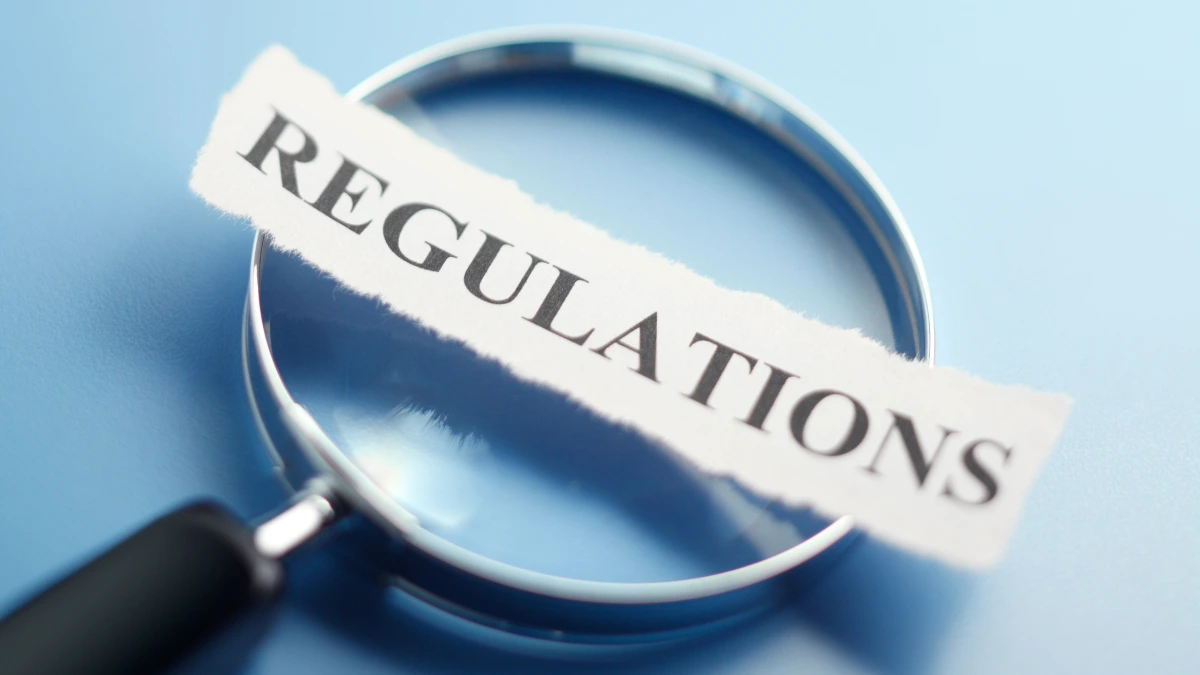Have you ever experienced losing your cell phone signal while in a basement or remote area? This is because the area is not covered by a cellular network and is not equipped with a cell phone signal repeater.
The problem of no cellular network coverage can be solved with a cell phone signal repeater, which will capture the signal from the nearest Base Transceiver Station (BTS) and distribute it in areas that are not covered.
This article will explain more about cell phone signal repeaters, including their definition, how they work, their functions, benefits, and regulations for their use in Indonesia.
What is Cell Phone Signal Repeater?

A cell phone signal repeater is an electronic device used to amplify telephone signals in areas that do not have cellular signals or areas with weak signal coverage, such as large buildings, basements, or remote areas.
The repeater receives signals from Base Transceiver Station (BTS), amplifies them, and then transmits them to a wider area, including areas that do not have cellular signals or areas with weak signal coverage.
How Do Cell Phone Signal Repeaters Work?
A cell phone signal repeater works by amplifying the signal captured from the Base Transceiver Station (BTS) and rebroadcasting it to a wider area. Here is how it works in detail:
- Capturing the signal: Cellular signals from the nearest BTS are captured by an external antenna (donor antenna). The antenna is usually installed outside or in a high place to receive the best signal.
- Signal amplification: The repeater amplifies the signal received from the antenna. The signal is amplified using an amplifier, thereby increasing its strength.
- Signal transmission: The amplified signal is then transmitted to the indoor antenna (service antenna). The amplified signal is then broadcast to the area that needs it.
In essence, a cellular signal booster acts as a bridge connecting mobile devices to BTS that are too weak to be reached directly.
The Functions of a Cell Phone Signal Repeater

The main function of cell phone signal repeaters is to amplify telephone signals in areas that do not have cellular signals or areas with weak signal coverage. The following are its functions:
- Improving signal coverage: Expanding cellular signal coverage in hard-to-reach areas, such as high-rise buildings, basements, or rural areas.
- Eliminating dead zones: Eliminating dead zones where cellular signals are completely unavailable, enabling users to access the cellular network.
Improving indoor coverage: Helping to address signal penetration issues obstructed by building materials or structural elements.
The Benefits of a Cell Phone Signal Repeater

The cell phone signal repeaters provide many benefits, especially in extending signal range, flexibility of use, and improving call and data quality. Here are some of the main benefits:
1. Extending signal range
One of the benefits of a cell phone signal repeater is that it extends the signal range. Areas that were previously out of reach of cellular networks, such as large buildings, basements, or remote areas, can be reached with a repeater that is capable of extending cellular signal range.
2. Preventing signal interference
Preventing signal interference is another benefit of this device. Signal interference caused by external factors, such as electronic equipment or buildings that block signals, can be reduced with the help of a repeater.
3. Flexibility of use
Cell phone signal repeaters can be used flexibly. Various types of repeaters are available for different needs, including repeaters for homes, offices, vehicles, and even outdoor areas.
4. Improves signal strength
Improving signal strength is another advantage of this device. The repeater amplifies weak signals, allowing users to enjoy better and more stable connections.
5. Improving call and data quality
Another benefit of a cell phone signal repeater is improving call and data quality. With a stronger signal, phone call quality becomes clearer, and internet speed (data) becomes faster and more stable.
Cell Phone Signal Repeater Regulation in Indonesia

The cell phone signal repeater uses wireless communication technologies that operate within a specific frequency spectrum. In Indonesia, based wireless device is required to have DJID (Directorate General of Digital Infrastructure) under the Ministry of Communication and Digital (KOMDIGI).
Cell phone signal repeater type approval and regulation is based on KEPMEN No. 352 Tahun 2024 for Mobile Telecommunications Devices Based on Long Term Evolution Technology Standards and International Mobile Telecommunications Technology Standards, which requires all radio frequency-based devices, including cell phone signal repeater, to meet specific technical standards before being sold in the country.
The DJID certification ensures that the product meets government safety and quality regulations and does not interfere with other communication devices. The certification process involves technical testing, such as frequency adjustments, safety checks, and compatibility with the surrounding environment.
Once the tests are completed, products that pass are listed in a Test Result Report, which confirms that the product is safe and ready for sale in Indonesia. This report reassures customers that the product meets technical standards and is secure.
For companies wanting to sell a cell phone signal repeater in Indonesia, our Type Approval Services for ICT Products are available to assist with this process. This service includes preparing technical and legal documents, conducting required testing, ensuring compliance with regulations, helping companies streamline the certification process, and giving consumers confidence in certified products.